About
As Asean Chair, Malaysia is leading efforts to strengthen regional unity, economic integrity and climate resilience under the Kuala Lumpur Declaration on ASEAN 2045: Our Shared Future – a blueprint for fostering inclusive, sustainable growth and deeper multilateral cooperation.
Coupled with its presidency of the United Nations Human Settlements Programme (UN-Habitat) – a focal point for pressing urbanisation and human settlement challenges globally – Malaysia will be leading the regional and global agendas on urban sustainability.
Cities, as engines of progress, will be pivotal in delivering this vision.
Though driving economic growth, Southeast Asia’s urban centres face severe climate risks, with projected GDP losses of up to 11 per cent by 2100 under high-emission scenarios. Marginalised urban citizens are at heightened risk to climate change impacts – from flash flooding to heat waves and water stress – due to pervasive social, income and resource inequalities.
The defining challenge for Malaysia and the region lies in harmonising urban development with decarbonisation, resilience and equity. Cities are already pioneering solutions, from nature-based solutions to artificial intelligence and blended finance, supported by effective governance mechanisms. Nonetheless, scaling these efforts demands unprecedented collaboration across governments, industries, financiers and civil society, alongside enhanced regional coordination.
In its maiden edition in Malaysia, Cities: Possibilities 2025 will convene these key decision makers from these stakeholder groups to forge partnerships, exchange innovative ideas and accelerate actionable pathways for sustainable urban development.
Taking place at the same time as COP30, Belem, Cities Malaysia will provide a timely platform for discussion on the pathways to implementation – a key theme of this year's UN climate change meeting.
By bridging stakeholder divides and amplifying local innovation, the forum aims to turn shared challenges into transformative opportunities, ensuring cities become cornerstones of Asean’s – and the globe’s – sustainable development agenda.
Speakers

Minister of Housing and Local Government of Malaysia

Member of Parliament, Setiawangsa

ADUN, Bukit Gasing

Ambassador, Kingdom of the Netherlands to Malaysia

Chief Commercial Officer, Eco-Business
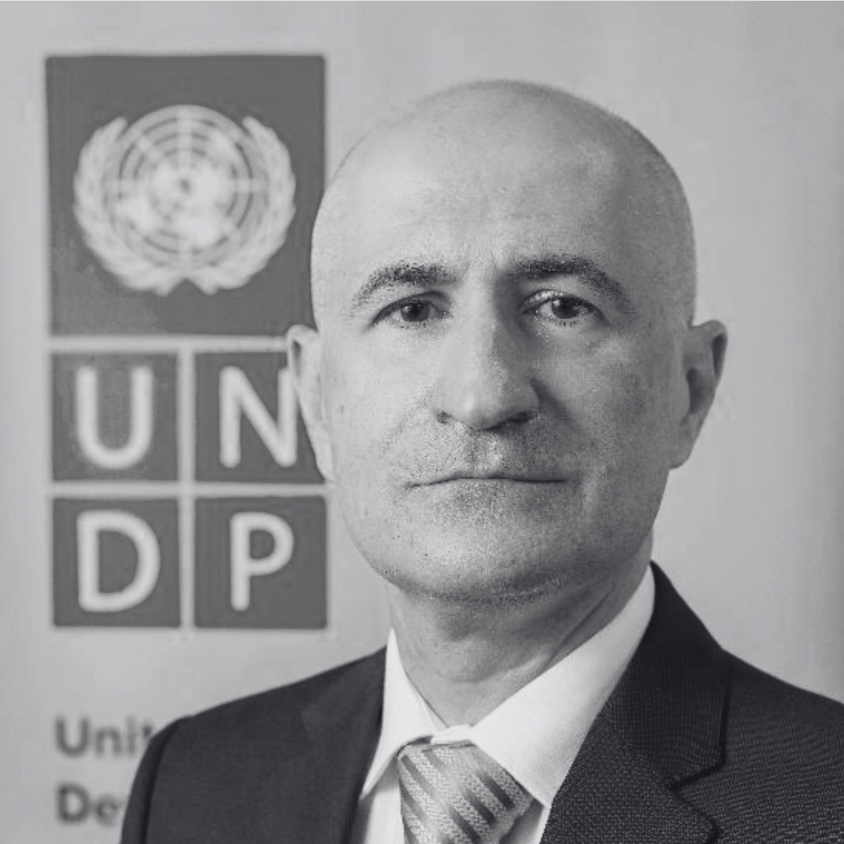
Resident Representative, UNDP Malaysia, Singapore and Brunei Darussalam

Founder and Managing Director, ESGpedia

Managing Director, Asuene APAC

Director of Public Policy, Asia Pacific, Airbnb
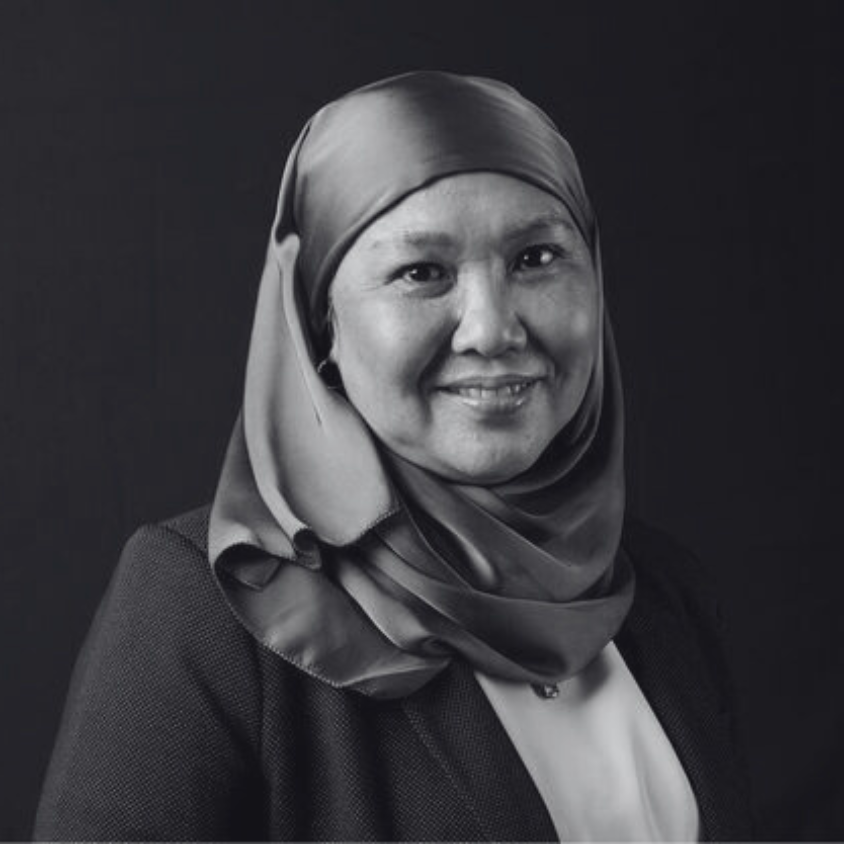
Chief Executive Officer, Urbanice Malaysia

Principal Director, Hijjas Kasturi Associates and President, Malaysia Green Building Council

Head of ESG, UEM Edgenta Berhad

Senior Lecturer, Asia School of Business (ASB)

Local Project Officer, United Nations Human Settlements Programme (UN-Habitat)

Manager (Inclusive and Sustainable Economy Management), Governance and Local Development Division, UNDP Malaysia, Singapore and Brunei Darussalam

Senior Programme Manager, The Habitat Foundation

President, Malaysian Association of Tour and Travel Agents (MATTA)

CEO - Futurex Solutions and Adjunct Professor of Industry - Asia Pacific University

Head of Research and Product Development, Sarawak Digital Economy Corporation (SDEC)

ESG Intelligence Regional Lead, Eco-Business

Senior Director, Think City

Advisor to the President of the United Nations Habitat Assembly

Head, Group Sustainability Strategic Management & Governance, RHB Bank

Senior Vice President (Head) of Sustainability & ESG, Iskandar Investment

Head of the Sarawak Programme, UNDP Malaysia

Institute Director, Tech For Good Institute
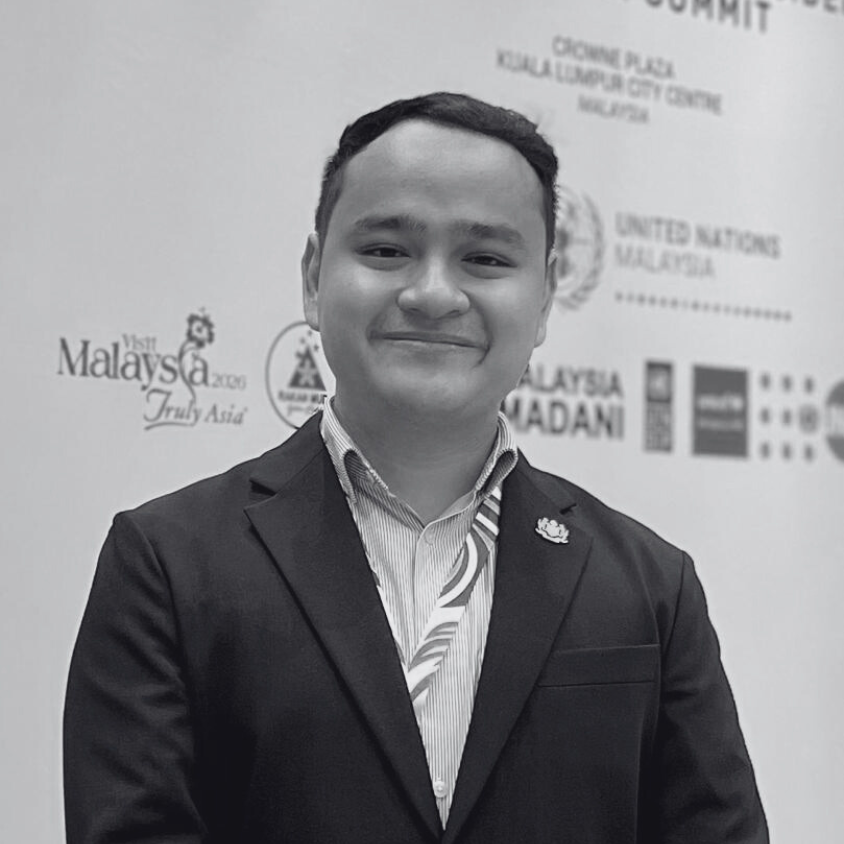
Senior Associate, Think City

Head of Business, Prasarana Integrated Development Sdn Bhd (PRIDE), Prasarana Malaysia
Agenda
8:00 | Registration
.svg)
9:00 | Welcome remarks by Eco-Business
Speaker

Meaghan See
Chief Commercial Officer, Eco-Business
.svg)
9:15 | Opening address by Guest-of-Honour
Speaker

Y.B. Tuan Nga Kor Ming
Minister of Housing and Local Government of Malaysia
.svg)
9:30 | Morning tea break
.svg)
10:00 | Opening plenary – Unleashing smart and mobile cities
Mobility is integral to smart and sustainable city networks, holding the key to address major issues such as traffic congestion, air pollution and resource inefficiency.
With 90 million people expected to move to cities in the Asean region alone between 2018 and 2030, including major cities like Kuala Lumpur, sustainable mobility needs to be front and centre of urban development strategy.
From EV-powered transport and on-demand buses to harnessing data analytics, local governments and industry are envisioning new ways for people to access and move about in cities.
The challenge will be ensuring smart city development and mobility are intricately linked rather than pursued in isolation, while contending with legacy issues – infrastructure built around car mobility – and varying resource capacity across local councils.
This plenary session convenes leaders working in the intersection between smart and mobile cities to tackle the questions: How do we leverage data and technology to rethink mobility in cities? And what integrated planning frameworks are needed to ensure new developments are connected, integrated and accessible?
Speakers

Y.B. Tuan Rajiv Rishyakaran
ADUN, Bukit Gasing

Benjamin Soh
Founder and Managing Director, ESGpedia
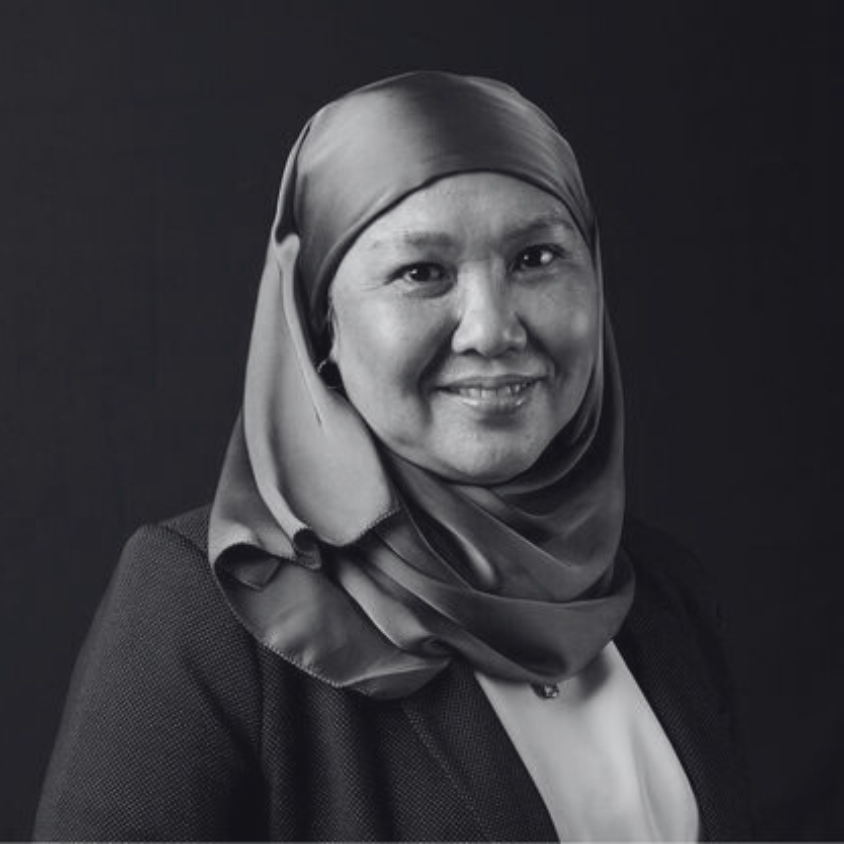
TPr. Ts. Norliza Binti Hashim
Chief Executive Officer, Urbanice Malaysia

Ashok Panchalingam
Head of Business, Prasarana Integrated Development Sdn Bhd (PRIDE), Prasarana Malaysia
Moderator

Meaghan See
Chief Commercial Officer, Eco-Business
.svg)
11:00 | Plenary 2 – Post-carbon cities: From energy to nature and water
Building sustainable cities demands a fundamental rethinking on how we consume energy, manage water and integrate nature into the urban environment.
While decarbonising the built environment is integral to the low-carbon transition, post-carbon cities require looking beyond energy to include urban water security and nature-based solutions.
City planners, property developers and tech firms are increasingly focusing on the intersection between energy, water and nature in urban development to unlock resilient and liveable cities.
The challenge is building policy, finance and partnerships around this intersection, especially in the face of competing development priorities.
This plenary convenes key stakeholders in urban development to tackle the questions: How do we accelerate the shift to renewable energy while simultaneously future-proofing urban water systems? How do we integrate nature within urban spaces through green design and policy? And how do we leverage the synergies between energy, water and nature for sustainable urban development?
Speakers

Ar. (Dr.) Serina Elizabeth Bt Hijjas
Principal Director, Hijjas Kasturi Associates and President, Malaysia Green Building Council

Sharifah Bakar Ali
Head of ESG, UEM Edgenta Berhad

Dr. Pieter E. Stek
Senior Lecturer, Asia School of Business (ASB)
Moderator

TPr. Amelia Neoh Siew Yin
Local Project Officer, United Nations Human Settlements Programme (UN-Habitat)
.svg)
11:55 | Special presentation: Future ready cities for people, planet, prosperity and peace
Cities sit at the heart of ASEAN’s economic future, yet they are also the region’s frontlines for climate risk, ageing populations, digital disruption and widening inequality. With almost 70 per cent of ASEAN’s population expected to live in urban areas by 2050, the way we plan, finance and govern our cities will determine whether the region remains competitive, investable and resilient.
Urban transformation today demands more than infrastructure upgrades. It requires building cities where people can thrive across their life cycle, where climate and nature are treated as economic assets, and where digital and AI tools enhance, not erode trust and inclusion.
At the same time, industry seeks predictable governance, investable pipelines and talent ecosystems able to power green, digital and visitor-economy transitions.
This special presentation outlines how UNDP facilitates governments and industry to shape cities that deliver People-centred services, planet-positive growth, shared prosperity and social peace, with finance, digital systems and responsible AI as critical enablers. The challenge ahead is ensuring these dimensions advance together rather than in silos while addressing entrenched gaps such as care burdens, housing stress, climate vulnerability and institutional fragility.
This keynote brings together the latest regional insights to answer two strategic questions for ASEAN’s future: How do we build cities that are inclusive, nature-positive and economically competitive? And what partnerships, technologies and financing models are needed to make them investable, human-centred and future-ready?
Speaker
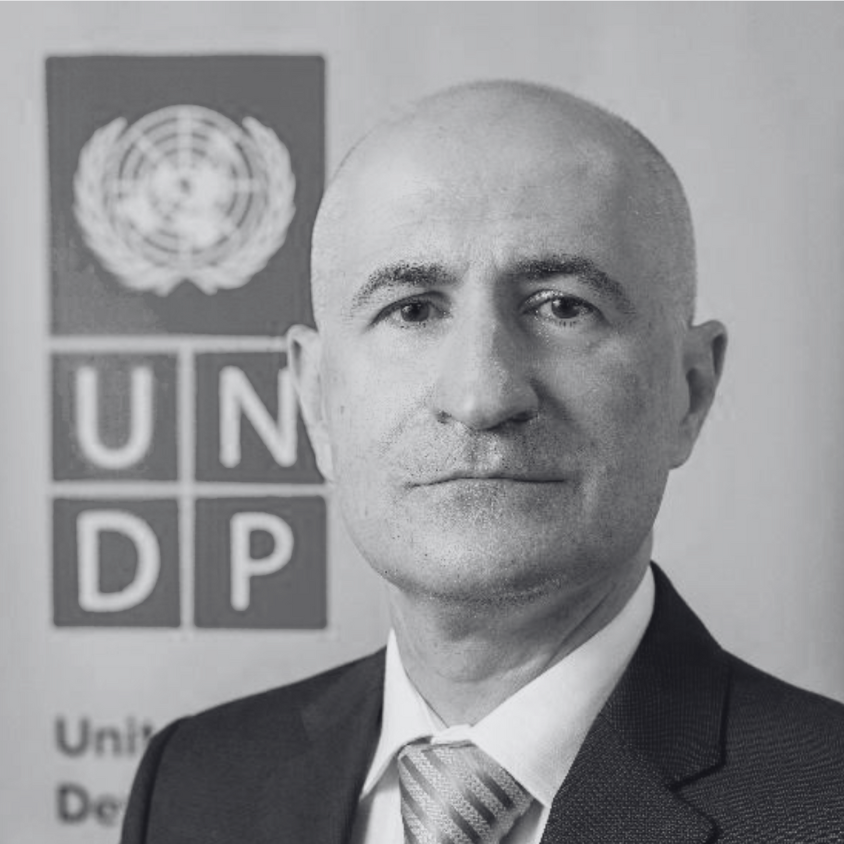
Edward Vrkić
Resident Representative, UNDP Malaysia, Singapore and Brunei Darussalam
.svg)
12:30 | Networking lunch
.svg)
13:30 | Plenary debate – This house believes that eco-tourism is integral to sustainable growth
Eco-tourism has the potential to channel critical resources into the preservation of natural assets, directly linking economic growth to environmental conservation.
Malaysia is expected to welcome 35.6 million international tourists in 2026 with a projected spend of RM147 billion, underpinned by nature-based tourism – from islands and beaches to ecological and green sites.
This “commodification” of nature, though helping to reduce reliance on governmental funds, comes with high risks.
Increased tourism is linked to higher travel emissions while concentrating funds towards select ecological sites, potentially detracting attention away from other at-risk sites. The influx of tourist visitors can further inflate living costs and displace local communities if the latter are not involved in decision-making processes.
Is eco-tourism a genuine vehicle for sustainable development, or does it merely commodify nature at the expense of environmental integrity and local communities? Do the economic benefits outweigh its environmental and social risks?
Leading experts working in this space dissect this dichotomy to explore how to position eco-tourism within sustainable development – across both urban and rural areas.
Speakers

Norhafiza Shafie
Manager (Inclusive and Sustainable Economy Management), Governance and Local Development Division,
UNDP Malaysia, Singapore and Brunei Darussalam

Mariam Ghani
Senior Programme Manager, The Habitat Foundation
Moderator

Nigel Wong
President, Malaysian Association of Tour and Travel Agents (MATTA)
.svg)
14:15 | Plenary 3 – AI, tech and the quest for urban sustainability
Artificial intelligence (AI) and digitalisation offer unprecedented opportunities to accelerate sustainable urban development, from optimising energy grids and strengthening decision-making through data.
AI forms a salient component of Malaysia’s AI City Initiative where the government will work closely with local councils and tech firms to integrate AI-enabled tools into urban systems.
This rapid integration is not without its risks.
Electricity demand from data centres in Malaysia is projected to reach 20.9 gigawatts by 2040 to support AI demand, while an an overreliance on automated systems risks diminishing essential human intelligence and oversight in urban governance.
This plenary convenes leaders working in the intersection of tech and urban sustainability to tackle critical questions: How can we harness AI and technology to enhance urban sustainability while mitigating their environmental and social costs? And how do we create regulatory frameworks that ensure equitable access to these benefits?
Speakers

Masaaki Hamada
Managing Director, Asuene APAC

Dr. Sumitra Nair
CEO - Futurex Solutions and Adjunct Professor of Industry - Asia Pacific University

Dr. Khairul Hafiz Sharkawi
Head of Research and Product Development, Sarawak Digital Economy Corporation (SDEC)
Moderator

Kavin Raj
ESG Intelligence Regional Lead, Eco-Business
.svg)
15:10 | Afternoon tea break
.svg)
15:25 | From Tech to Impact: Platforms Powering Resourceful Cities and Resilient Communities
Digital platforms are reshaping how cities grow, connect, and respond to change. Across Malaysia and the region, technology is unlocking new pathways for local entrepreneurship and more inclusive development.
This fireside conversation explores how technology can evolve from being seen as disruptive to becoming a collaborative force for building resilient, resourceful communities. It will highlight examples of how digital platforms have empowered residents to generate income close to home, revitalize underused urban and rural spaces, protect and preserve cultural heritage, and even mobilise emergency housing and support in times of crisis.
The discussion will also examine how these innovations can complement Malaysia’s priorities under ASEAN 2045 and advance its national framework for short-term accommodation.
At its core, the session asks: how do we collaborate and work together to distribute benefits, build trust, and strengthen the social fabric of cities? And what partnerships between government, industry, and communities are needed to ensure that technology helps cities become more livable
Speaker

Mich Goh
Director of Public Policy, Asia Pacific, Airbnb
Moderator
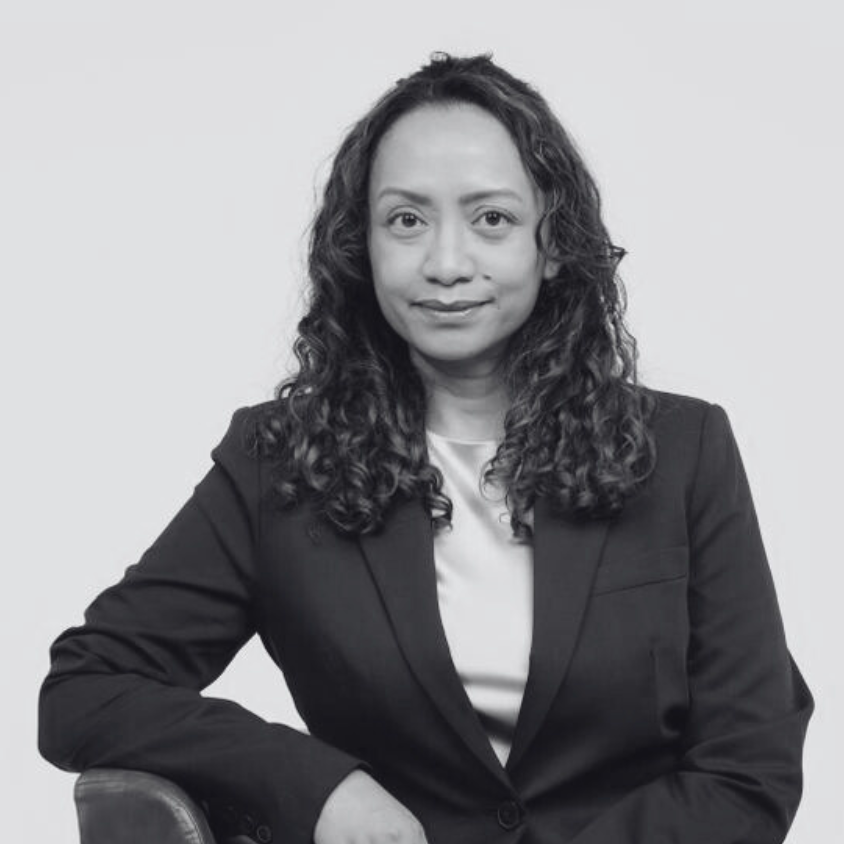
Arifah Sharifuddin
Institute Director, Tech For Good Institute
.svg)
15:45 | Beyond mega cities and towards a polycentric nation by Think City
Greater Kuala Lumpur is home to 30 per cent of Malaysia’s population and contributes nearly 40 per cent of its national economic output, solidifying its position as a global city and thriving hub for finance commerce.
This concentration of growth, however, has led to the neglect of outlying regions and smaller towns, creating disparities and, in certain cases, placing strain on the city's own inhabitants. Large-scale developments also risk creating unhealthy competition rather than complementary growth.
While having a robust capital is vital, there is an urgent need for a new framework to guide the nation's urban development. Hence the call for a polycentric nation – a network of smaller rural townships, medium-sized and large cities that are compact, resilient and well-connected through efficient transport systems.
Within this model, economic activity will build on inherent strengths with neighbouring townships and cultural assets will be defended. Crucially, revival plans will be inclusive, drawing upon the knowledge, skills and values of longstanding residents.
This session will examine the challenges of Malaysia's present urban trajectory, explore the advantages of a polycentric model and put forward actionable strategies to reconfigure the country's urban landscape for a balanced future.
Speakers

Dr. Matt Benson
Senior Director, Think City

Dr. Neil Khor
Advisor to the President of the United Nations Habitat Assembly
Moderator
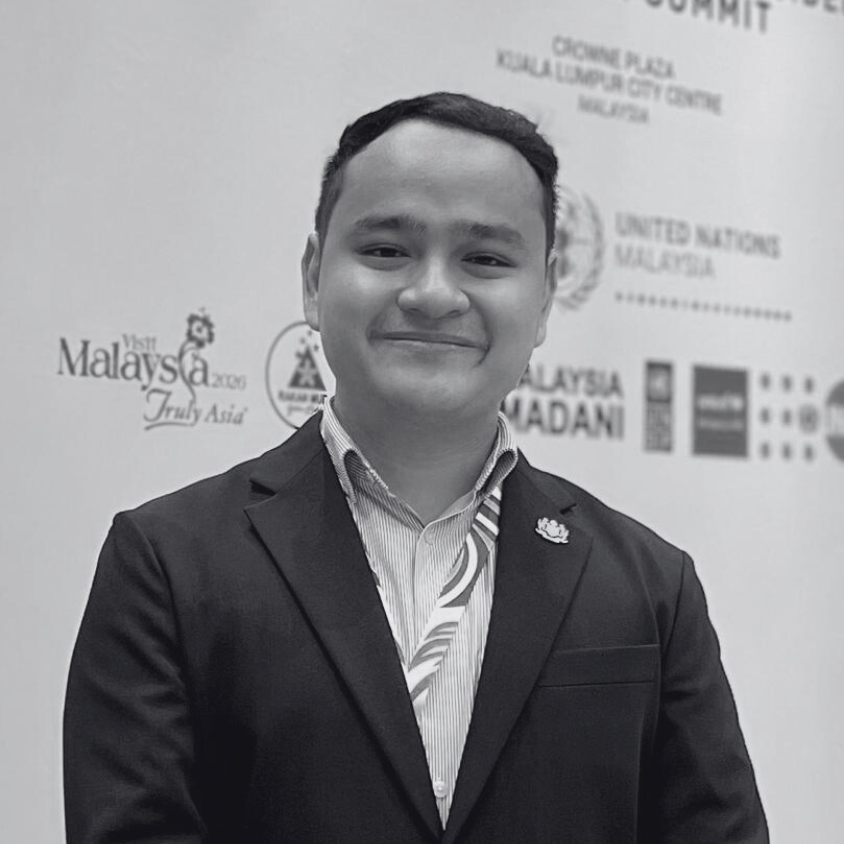
Zairin Adam Abdul Aziz
Senior Associate, Think City
.svg)
16:25 | Closing plenary – Unlocking finance for adaptive and resilient cities
Regional cities face mounting threats from flooding, heatwaves and sea-level rise, demanding urgent intervention.
While local governments are integral to the response – sitting at the forefront of these climate risks with a keen understanding of local needs – their spending on adaptation is critically behind demand.
In Malaysia, the Philippines and Thailand, local government expenditure falls well below the OECD average of 39.5 per cent, indicating an overreliance on national coffers.
This traditional funding model is failing to keep pace with climate demands on urban infrastructure. New, innovative financial strategies are now essential to sustain investments in urban adaptation.
This plenary convenes key stakeholders in Malaysia’s urban adaptation space to tackle critical questions: How can city governments utilise innovative financial mechanisms to derisk and scale investments? How do we build supportive policy and partnerships for resilience? And what role should investors and property managers play in reducing risks to the built environment?
Speakers
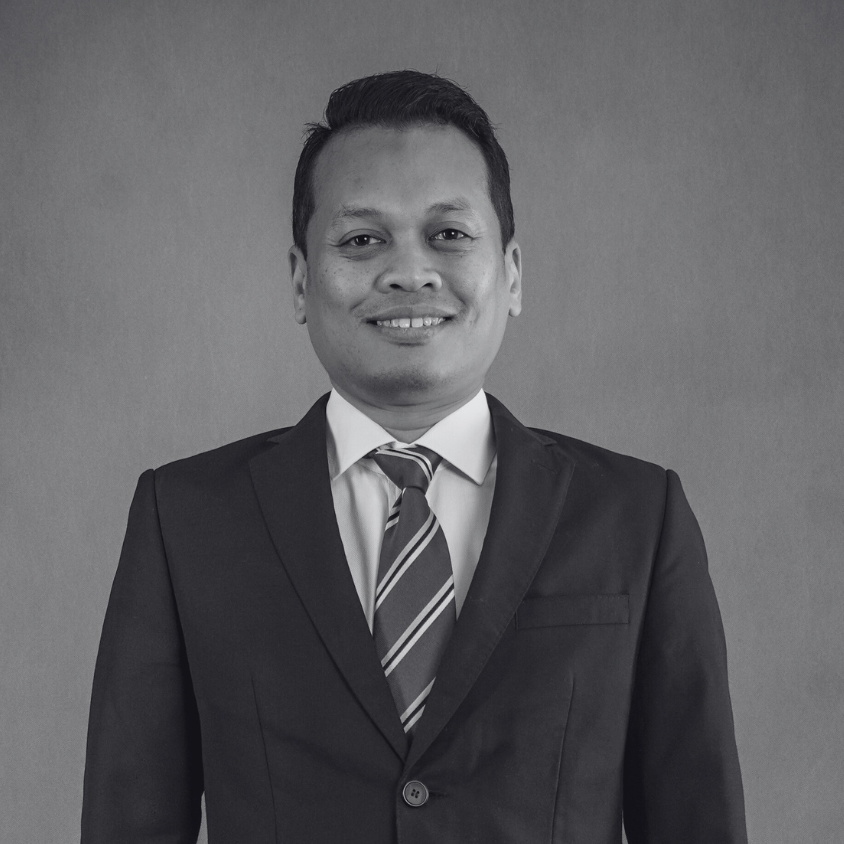
Y.B. Tuan Nik Nazmi bin Nik Ahmad
Member of Parliament, Setiawangsa

Joel Khaw
Head, Group Sustainability Strategic Management & Governance, RHB Bank

Diyana Mohd Amin
Senior Vice President (Head) of Sustainability & ESG, Iskandar Investment
Moderator

Edmund Lau Chai Ming
Head of the Sarawak Programme, UNDP Malaysia
.svg)
17:20 | Closing keynote address
Speaker

H.E. Jacques Werner
Ambassador, Kingdom of the Netherlands to Malaysia
.svg)
17:30 | Networking
Partners
Strategic Partner

United Nations Development Programme
UNDP is the leading United Nations organization fighting to end the injustice of poverty, inequality, and climate change.
Supporting Partner

Asuene
Asuene is at the forefront of the sustainability movement, providing cutting-edge solutions in carbon accounting, supply chain ESG ratings and decarbonization strategy. With 25,000+ clients across diverse industries, we support businesses in measuring, managing, and reducing their carbon footprint while aligning with global sustainability goals. Our mission is to make sustainability accessible and actionable, ensuring that companies are not just adapting to change but driving it. Take the next step in your sustainability with us.
.png)
ESGpedia
ESGpedia is Asia's leading ESG data and technology company, headquartered in Singapore. ESGpedia provides a one-stop digital platform of ESG solutions, covering greenhouse gas (GHG) emissions calculation, sustainability reporting in accordance with international and local frameworks, supplier engagement, and ESG data dashboard and analytics, empowering corporates, SMEs, and the financial sector to achieve ESG excellence. ESGpedia powers key initiatives across Asia and is GRI-licensed. For more information, please visit www.esgpedia.io.

Airbnb
Airbnb was born in 2007 when two hosts welcomed three guests to their San Francisco home, and has since grown to over 5 million hosts who have welcomed over 2 billion guest arrivals in almost every country across the globe. Every day, hosts offer unique stays, experiences, and services that make it possible for guests to connect with communities in a more authentic way.
Knowledge Partner

Think City
Think City is an impact organisation dedicated to making cities more liveable, resilient and sustainable. As a regional city-making organisation, Think City provides policy thinking, management and implementation of urban solutions while acting as a catalyst for change in how cities are planned, curated, developed, and celebrated. Think City is a wholly owned subsidiary of Khazanah Nasional Berhad, Malaysia’s national sovereign wealth fund.
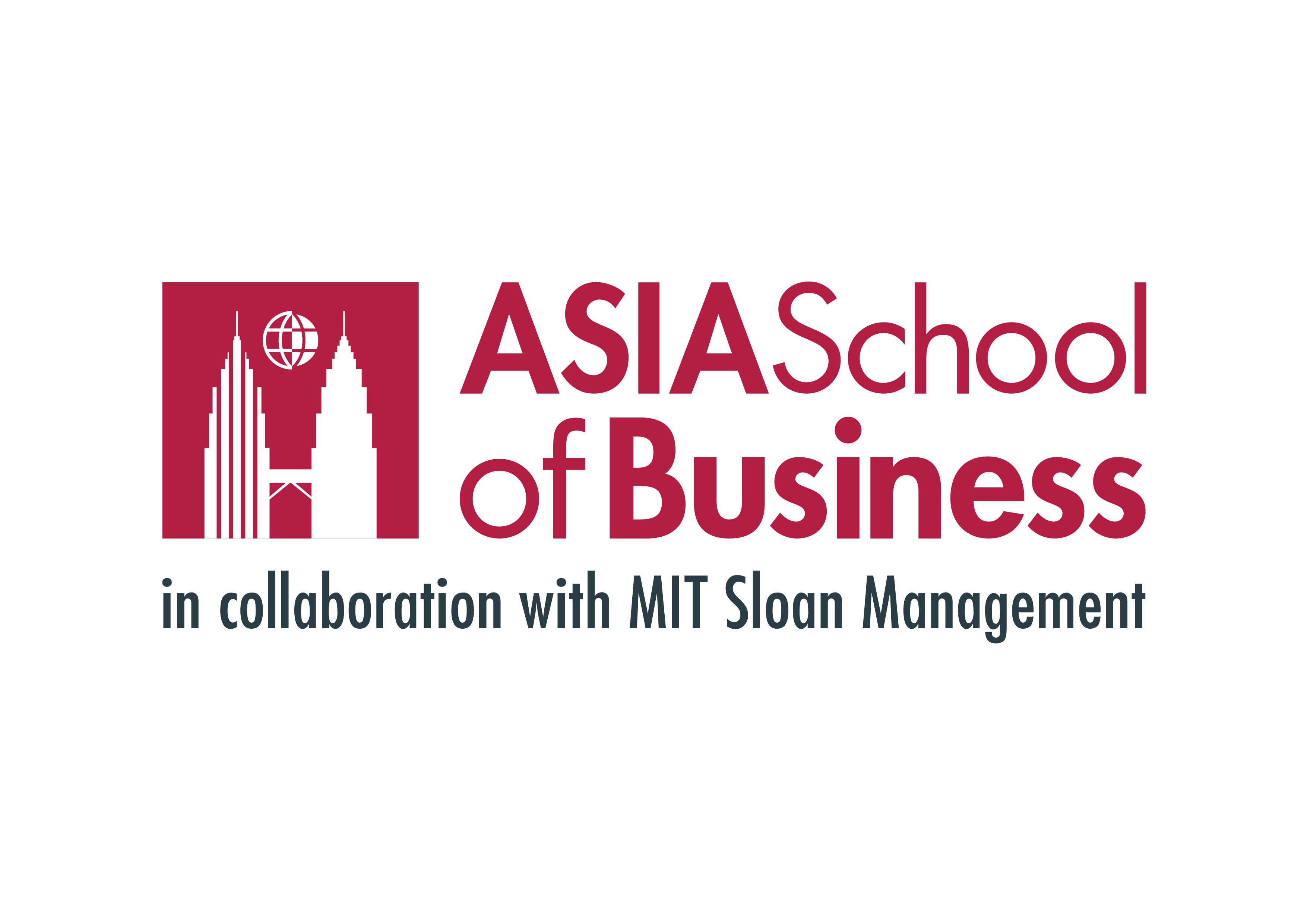
Asia School of Business
ASB was founded in 2015 by the Central Bank of Malaysia, Bank Negara Malaysia (BNM), in collaboration with the MIT Sloan School of Management. Our goal is to offer graduate programs at a vibrant and dynamic business school, whose impact and influence in management studies will radiate throughout Asia and emerging economies. The program is taught by senior MIT faculty members who travel regularly to Kuala Lumpur (KL) and an outstanding international team of resident faculty members in KL. Together, the MIT Sloan and ASB resident faculty members offer both Western perspectives and Asian insights.
Outreach partner
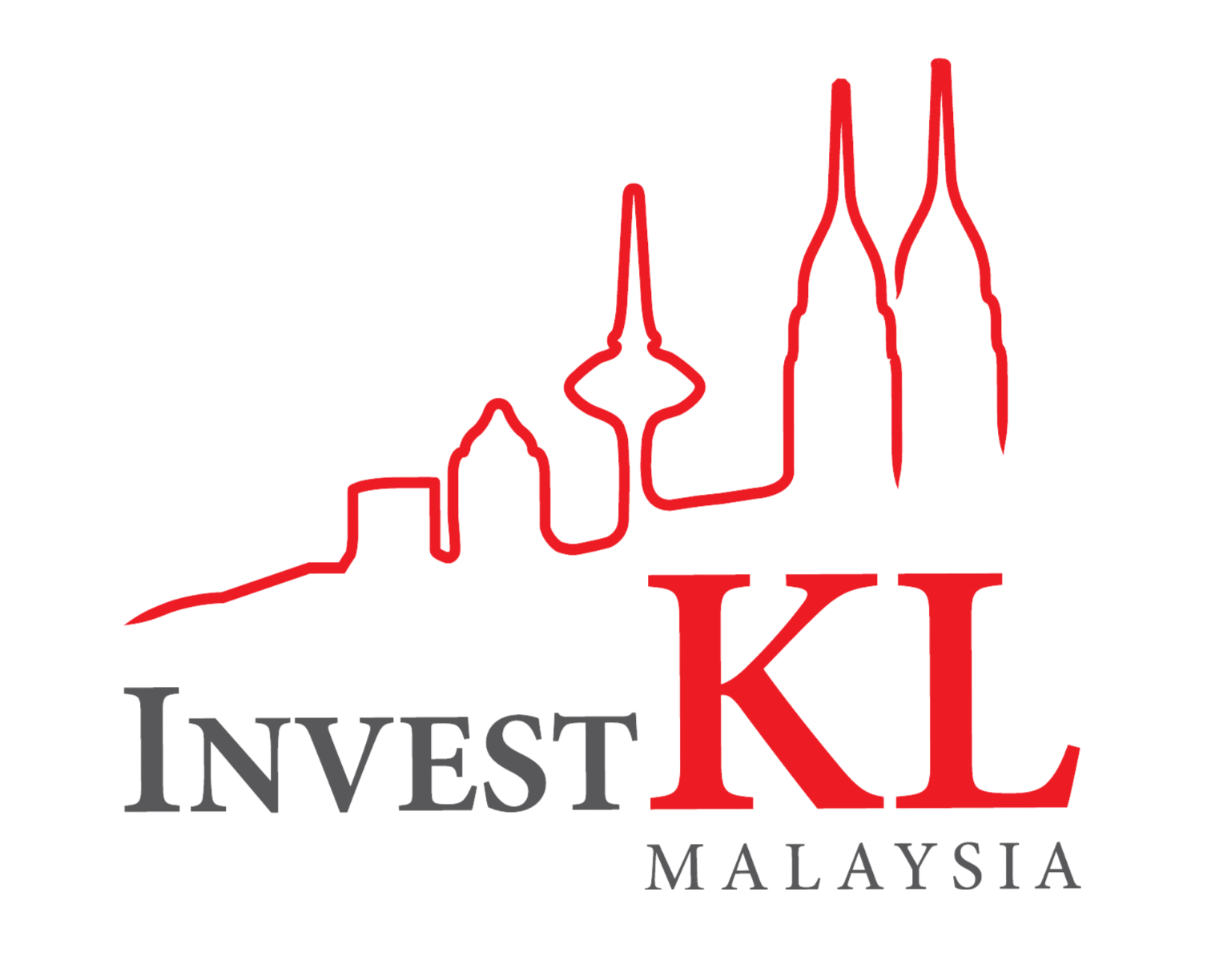
InvestKL
InvestKL is the lead investment agency for Greater Kuala Lumpur (Greater KL). Guided by the New Industrial Master Plan (NIMP 2030) and the MADANI Economy framework, InvestKL attracts and facilitates the establishment of modern and global services regional hubs by the world‘s leading companies.
Register
Cities: Possibilities 2025 – Malaysia
Cities: Possibilities is an annual flagship forum organised by Eco-Business that convenes strategic decision makers to discuss the latest developments in creating sustainable cities and communities.
Now in its ninth year, Cities: Possibilities 2025 will explore unlocking true transformation through bold, cross-sector partnerships - connecting governments, financiers, planners, business and civil society, and fostering cross-border and regional collaboration.
In 2025, the forum expands across two countries: 18-19 November in Malaysia and 26 November in Singapore. Register below to join us at your preferred forum.
Ticketing details:
We invite you to register your interest. Attendance confirmation will be extended following the event committee’s review and approval.
Cities: Possibilities Malaysia
Day 1 - 18 November 2025
Day 2 (masterclass) - 19 November 2025
Cities: Possibilities Singapore
26 November 2025



